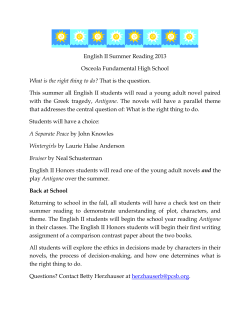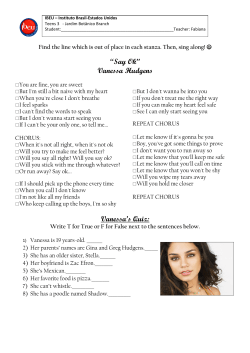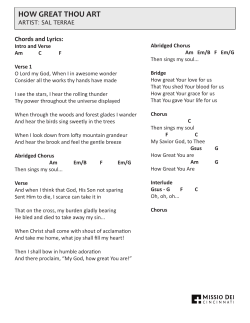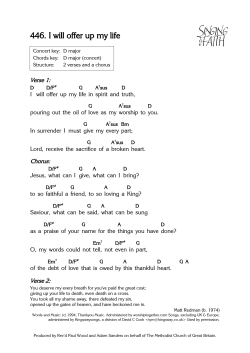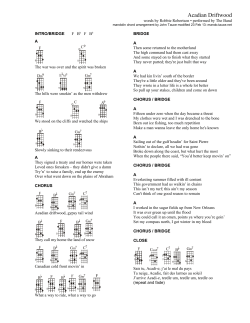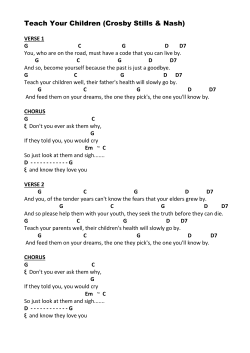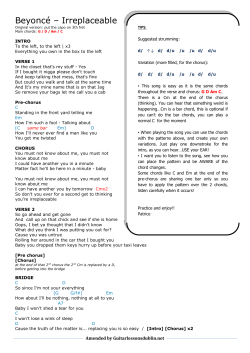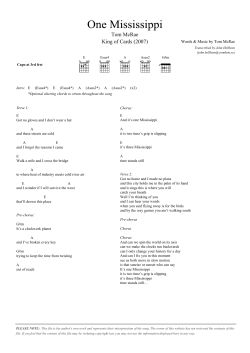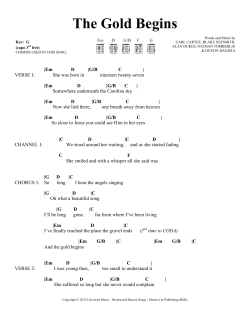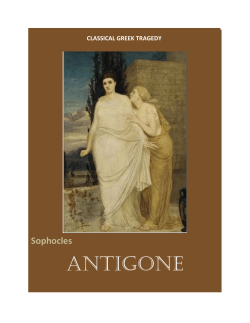
Activity Pack A ntigone S
P r es tw i c k Ho u se Activity Pack Antigone b y S o p h o c l e s Copyright © 2004 by Prestwick House, Inc., P.O. Box 658, Clayton, DE 19938. 1-800-932-4593. www.prestwickhouse.com Permission to use this unit for classroom use is extended to purchaser for his or her personal use. This material, in whole or part, may not be copied for resale. Item No. 201438 Written by Lori White Student’s Page Name: ________________________________ Antigone Date:_________________ Pre-Reading Background Scavenger Hunt Objectives: Understanding historical background and implications for a literary work Refining research skills by consulting a variety of sources Activity Before reading Antigone, it is useful to know certain information regarding the author of the play and the play’s background. Use all resources available to locate the answers for the questions below. Record the answer for each question in the first box and then record the source of the answer in the second box. Only three questions may be answered by a single source. S-5 Reproducible Student Worksheet Student’s Page Name: ________________________________ Antigone Date:_________________ During Reading: Prologos Antigone and Ismene Objective: Comparing and contrasting characters through indirect characterization Activity In the Prologos (Pages 1 – 4), a marked contrast is drawn between Antigone and her sister Ismene. Antigone is outraged at her uncle’s decree that their brother Polynices remain unburied and unmourned, while Ismene seems to feel that as a woman she is weak and powerless and, therefore, should not attempt to do anything about Creon’s ruling. Much is revealed about the characters of Antigone and Ismene in the Prologos through their dialogue with each other. For example, one girl seems weak while the other appears strong. The manner in which this information is revealed is known as indirect characterization. Indirect characterization reveals character traits through the characters’ words and actions, and those of other characters around them, instead of directly stating that a character possesses a particular trait. Several quotations taken from the Prologos are shown below. After reading each one, use the information revealed above to determine if the speaker is Antigone or Ismene, and write the appropriate name in the space indicated. In the other space, write what you believe each passage reveals about the speaker. One has been completed for you as an example. S - 25 Reproducible Student Worksheet Student’s Page Name: ________________________________ Antigone Date:_________________ Stasimon One Ode to the Greatness of Man Objectives: Understanding foreshadowing Making predictions based on foreshadowing Activity In Stasimon One (Pages 13 – 15), the chorus sings of the greatness of man and all the amazing things humans have managed to do through intelligence and strength. Look back over the ode and list four to five things that man is to be commended for. 1.____________________________________________________________________________________ ____________________________________________________________________________________ 2.____________________________________________________________________________________ ____________________________________________________________________________________ 3.____________________________________________________________________________________ ____________________________________________________________________________________ 4.____________________________________________________________________________________ ____________________________________________________________________________________ 5.____________________________________________________________________________________ ____________________________________________________________________________________ Despite all of these successes and triumphs, this ode foreshadows Creon’s downfall. Read the following excerpt from Stasimon One and answer the questions that follow. “Now bends he to the good, now to the ill, With craft of art, subtle past reach of sight; Wresting his country’s laws to his own will, Spurning the sanctions of celestial right; High in the city, he is made city-less, Whoso is corrupt, for his impiety; He that will work the works of wickedness, Let him not house, let him not hold, with me!” (Pages 14 – 15) 1. What warning does the Chorus seem to be giving? ____________________________________________________________________________________ ____________________________________________________________________________________ ____________________________________________________________________________________ ____________________________________________________________________________________ S - 37 Reproducible Student Worksheet Student’s Page Name: ________________________________ Antigone Date:_________________ Episode Three Viewpoints on Life Objective: Comparing and contrasting ancient societal views with those of today Activity As the play progresses, the characters and chorus make a variety of statements that reflect both individually and societal views of life. Some of these viewpoints have not changed significantly in the centuries since Sophocles’ time, and others have. 1. First, select one of the statements from the list and think about its meaning. • What ideas come to mind when you read the statement? • What societal view is being expressed? • How is this view similar to or different from our modern societal view of a similar topic? • Do you agree or disagree? Explain. 2.Next, using the questions above as a guide, write notes on your reaction to the statement and prepare a short speech expressing your thoughts. 3. Give a three-minute speech on the statement to your classmates. 4. After each speech, discuss reactions to the statement as a class. S - 49 Reproducible Student Worksheet Student’s Page Name: ________________________________ Antigone Date:_________________ Stasimon Three Relating to a Character Objective: Identifying with a character’s choices Activity Respond in a journal entry to the given prompt. In Stasimon Three (Pages 29 – 33), the chorus and Antigone engage in a formal dialogue in which Antigone mourns her fate and the curse on her family. The chorus does not appear to be particularly sympathetic to Antigone’s plight, probably because she made her own decisions. Put yourself in Antigone’s shoes. You have been entrusted by your brother Polynices with the task of ensuring that he receives a proper burial. Polynices has slain your only other brother Eteocles. You have been forbidden, on pain of death, to mourn Polynices or bury him by your king, your uncle, and your soon-to-be father-in-law. Would your choices be similar to Antigone’s, or would you choose another path? The poet Robert Frost once posed a similar question in his poem “The Road Not Taken.” In this poem the narrator, like Antigone, chooses the path less traveled instead of taking the same path traveled by everyone else. The outcome for Frost’s narrator, however, is very different than that of Antigone. Read the poem and respond to the dilemma it and Antigone each pose: do you take the easy way, the way of everyone else, or do you take the tougher route? S - 57 Reproducible Student Worksheet Student’s Page Name: ________________________________ Antigone Date:_________________ Stasimon Four Glossary of Allusions Objective: Understanding allusions Activity In Stasimon Four, the Chorus sings of many others who have endured fates similar to that of Antigone. Understanding this stasimon may be difficult if you do not first understand the background of the allusions referenced. Several of the allusions from Stasimon Four are listed below. Using the Internet or other sources, research each allusion in order to understand the reference in Antigone. S - 65 Reproducible Student Worksheet Student’s Page Name: ________________________________ Antigone Date:_________________ Epilogos Obituary Objective: Writing an obituary Activity In the epilogos, the messenger brings the news that Antigone and Haemon have each killed themselves. Write an obituary that might appear in an ancient Theban newspaper for either character that details the means and reasons for their deaths. Obituaries should be approximately one page in length. S - 75 Reproducible Student Worksheet Student’s Page Name: ________________________________ Antigone Date:_________________ Exodos The Moral of the Story Objective: Extrapolating and applying theme Activity In the exodos, the chorus delivers the moral lesson of the tragedy in the following lines: “Wisdom first for a man’s well-being Maketh, of all things. Heaven’s insistence Nothing allows of man’s irreverence; And great blows great speeches avenging, Dealt on a boaster, Teach men wisdom in age, at last.” (Page 52) What do you think the chorus means by these lines? In a journal entry, ponder the meaning and put into terms applicable for your own experience. S - 79 Reproducible Student Worksheet Student’s Page Name: ________________________________ Antigone Date:_________________ Wrap-Up Writing a Review Objective: Reviewing key plot events and dramatic techniques through writing Activity Imagine you are a time-traveling entertainment reporter and you have been sent back to fifth century B.C. Greece to view the premiere performance of Sophocles’ Antigone. Your assignment is to write a column (roughly 500 words) that reviews the performance and the drama itself, rating it for modern viewers. Consider the following aspects in your review: • The plot itself—is it compelling? Tightly written? Surprising? • The manner of presentation—consider staging, costuming, and choral function. Although different from modern presentation, is it worth seeing? • The actors—who would their modern day equivalents be? • The physical surroundings—describe. • The audience’s reaction—is the fifth century B.C. audience appreciative and engaged? Visualize the occasion in detail and dramatize the experience by reporting, for example, on how you arrive at the theater, where you sit, what you see and hear, and how the play is discussed after its conclusion. S - 83 Reproducible Student Worksheet
© Copyright 2025
